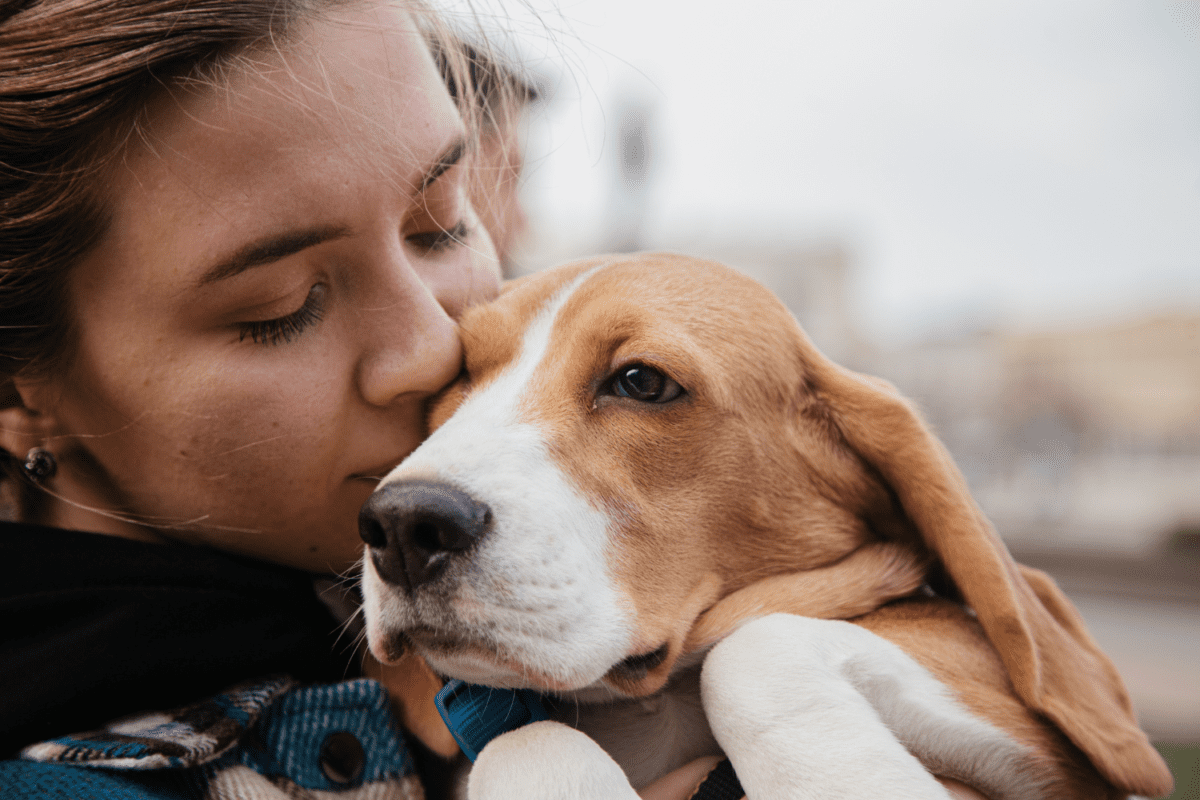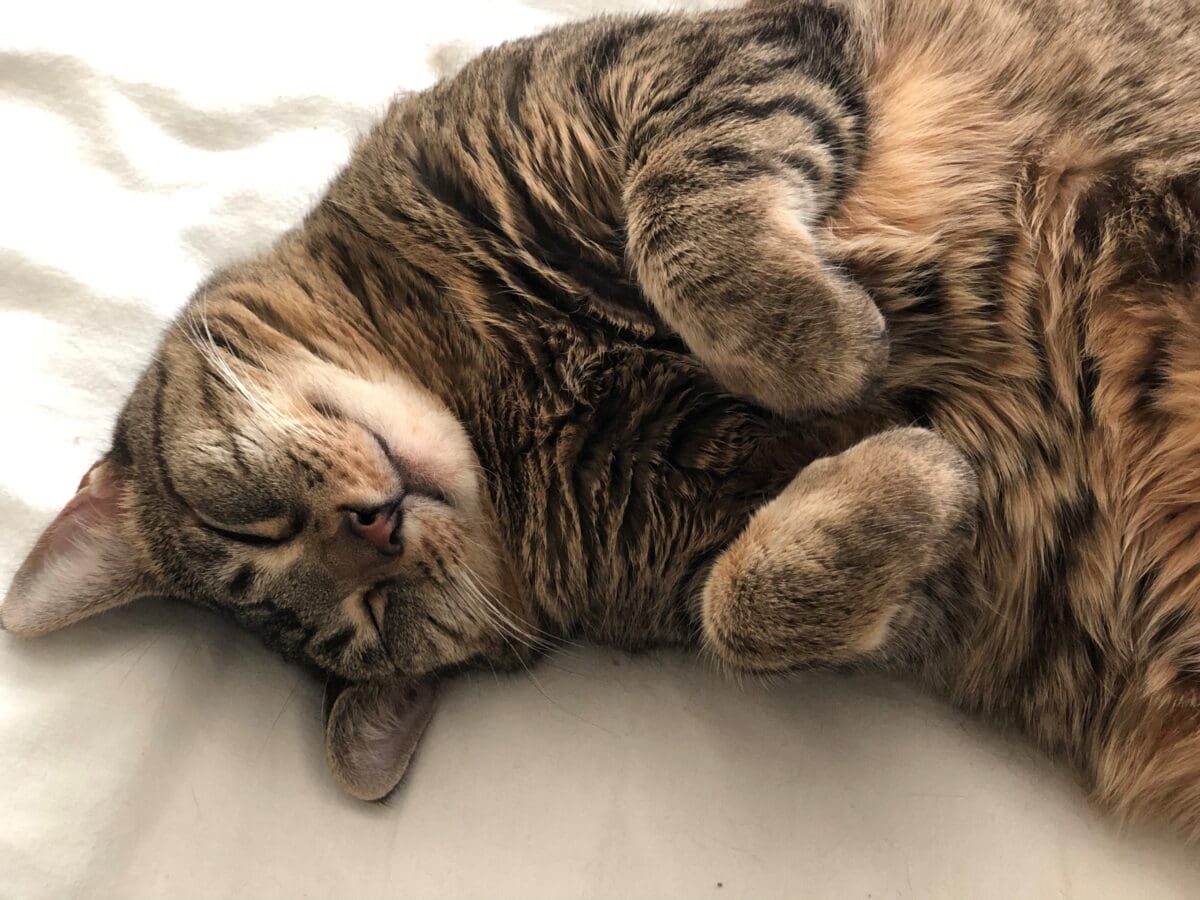The volume of applications for life-saving care received by the McVitie Fund program, which covers urgent care for pets in need, consistently grows year after year. Given the growing demand for veterinary assistance, the VHS will be focussing all veterinary support funds to save the lives of animals in need of urgent care. The VHS has operated the McVitie fund for many years.
In 2021, the VHS launched, with the assistance of grant funding, the Helping People and Pets in Crisis (formerly known as Helping Women & Pets in Crisis), which helped people access the preventative veterinary care their pets needed to secure housing. This program did not receive continued funding. In order to ensure as many pets as possible can access the life-saving care they need through the McVitie Fund, the VHS’s Helping People and Pets program is now closed.
Throughout its years of operation, the VHS’ Helping People & Pets in Crisis program provided preventative veterinary care for pets of those who do not have a permanent place to live. This includes those who are sheltering outside, those fleeing violence, and those staying in temporary shelters, transition homes, and recovery houses.
During these times of transition and precarity, the program’s applicants frequently reported having little or no income to rely on. They faced financial barriers in accessing the mandatory veterinary care needed to secure a space in a shelter or permanent housing, such as having their pet spayed/neutered, vaccinated, dewormed, and free of fleas. Helping People & Pets in Crisis covered the full cost of this care so that pets could remain with loving guardians despite unpredictable circumstances.
In total, the program made it possible for 313 guardians to access shelter or permanent housing and for 360 pets to stay united with their beloved companions. The program provided 181 spays/neuters, 228 vaccinations, 62 deworming treatments, and 64 flea treatments.
However, for a small non-profit, operating two veterinary assistance programs presents genuine challenges. The volume of applications for life-saving care received by the McVitie Fund Program consistently grows year after year. After careful deliberation and exploring alternatives, the VHS ended the Helping People & Pets in Crisis Program effective December 31st, 2023. While it was a very difficult decision, this will enable the VHS to continue to provide as much financial support as possible through the McVitie Fund to save pets’ lives and keep them together with their families.
The VHS’s team is proud of the work the Helping People & Pets in Crisis Program has accomplished, and grateful for the generous donations that enabled hundreds of people to find housing with their beloved pets.
Could you donate to help the VHS’s McVitie Fund program continue providing life-saving care for animals?



